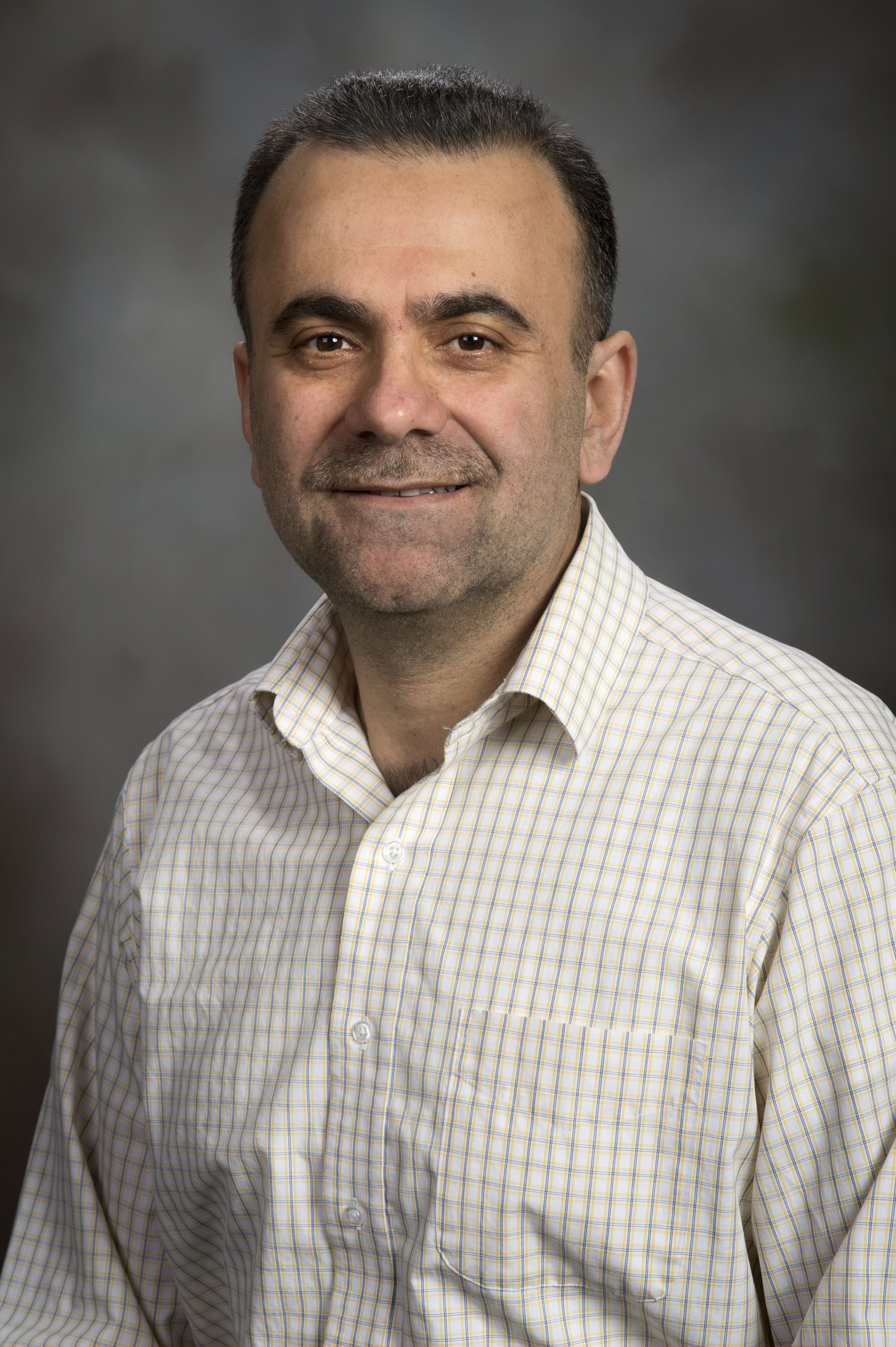Graduate School names Muhammad Hajj associate dean for graduate education

Muhammad Hajj, professor and director of research and graduate studies for the Department of Engineering Science and Mechanics and director of the Center for Energy Harvesting Materials and Systems, was appointed associate dean for graduate education in the Graduate School.
“It is a pleasure to have Dr. Hajj joining the Graduate School as associate dean. I know that he will draw upon his previous experiences as faculty and graduate program director in engineering science and mechanics to the benefit of graduate students throughout the university,” said Karen DePauw, vice president and dean for graduate education.
In this role, Hajj will assist with academic enterprises in the Graduate School and will develop and implement Transformative Graduate Education initiatives.
“The Graduate School at Virginia Tech is nationally recognized for its excellence. I am quite delighted to be a part of it,” Hajj said. “Particularly, I am quite excited about the opportunity to work with Dean DePauw and everyone else at the Graduate School on successful initiatives such as the Transformative Graduate Education.”
In addition, Hajj will work with DePauw to make admissions decisions, counsel faculty and students, and interpret policies, procedures, and day-to-day operations of the Graduate School.
Hajj joined the Virginia Tech faculty in 1992. His research interests are in the fields of fluid mechanics, structural dynamics, and fluid structure interactions. Most recently, he has been working on the design of systems that can be used to harvest energy from induced vibrations of structures. Hajj regularly teaches courses in fluid mechanics, nonlinear dynamics, and some specialized seminars.
Hajj received his bachelor’s degree from the American University of Beirut, and his master’s and doctoral degrees from the University of Texas at Austin.
Dedicated to its motto, Ut Prosim (That I May Serve), Virginia Tech takes a hands-on, engaging approach to education, preparing scholars to be leaders in their fields and communities. As the commonwealth’s most comprehensive university and its leading research institution, Virginia Tech offers 240 undergraduate and graduate degree programs to more than 31,000 students and manages a research portfolio of $513 million. The university fulfills its land-grant mission of transforming knowledge to practice through technological leadership and by fueling economic growth and job creation locally, regionally, and across Virginia.




